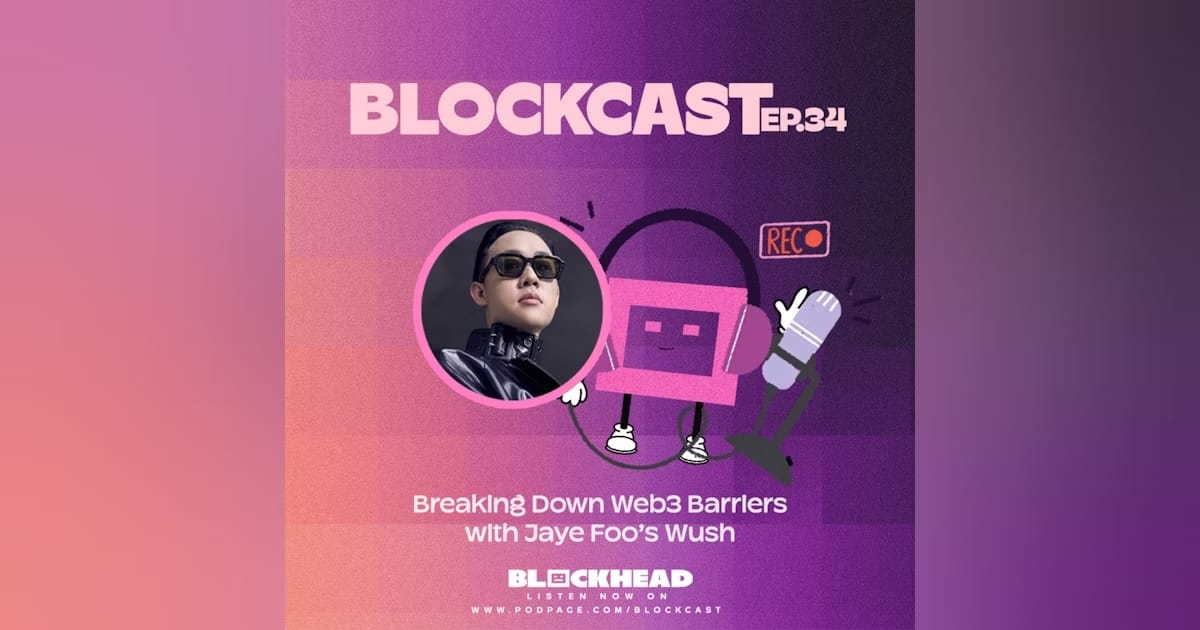Table of Contents
Standard Chartered, Mox Bank, Mastercard, and Libeara have successfully completed a ground-breaking proof-of-concept (POC) exploring the potential of tokenized deposits and assets, according to an announcement on Tuesday.
This initiative, conducted under the Hong Kong Monetary Authority's (HKMA) Fintech Supervisory Sandbox, marks a significant step forward for financial technology innovation and the development of Hong Kong's tokenization market, Standard Chartered said.
The POC, the first live test of Mastercard's Multi-Token Network (MTN), explored how tokenization could streamline transactions involving carbon credits. The scenario involved a Mox customer who wished to purchase a carbon credit to offset their carbon footprint. Here's a breakdown of the process:
- The Mox customer deposits funds in their account to cover the carbon credit purchase.
- Mox requests Standard Chartered to tokenize the desired carbon credit using Libeara, a tokenization platform developed by SC Ventures.
- Leveraging the Mastercard MTN, both the customer's deposit and the carbon credit are tokenized. An atomic swap, ensuring a secure and simultaneous exchange, then occurs between these two digital tokens.
- This atomic swap facilitates a transparent and real-time transaction between Standard Chartered and Mox. The Mox customer receives a tokenized version of the carbon credit, which can be stored in a digital wallet or used for carbon footprint offsetting.
Why Traditional Banks are Embracing Tokenization
This POC exemplifies a growing trend within the financial sector: the exploration of blockchain technology and tokenization. Traditional institutions like Standard Chartered recognize the potential of these technologies to revolutionize financial processes.
- Increased efficiency and security: Blockchain offers a secure and distributed ledger system, streamlining transactions and reducing the need for intermediaries. This translates to faster settlement times and lower costs for banks.
- New investment opportunities: Tokenization allows for the creation of new asset classes, such as fractional ownership of real-world assets. This opens doors for a wider range of investors and fosters a more dynamic financial landscape.
"Tokenisation of real-world assets and the potential use of different forms of tokenised currency is integral to the future of the financial industry," said Mary Huen, chief executive officer for Standard Chartered Hong Kong, adding, "[We are] keen to stay at the forefront of tokenisation and drive fintech development in Hong Kong."
A Collaborative Effort for a Digital Future
This project, conducted under the HKMA's guidance and alongside Standard Chartered's virtual bank Mox, incubated venture Libeara, and long-standing partner Mastercard, highlights the importance of collaboration in this innovative space.
Helena Chen, managing director for Mastercard Hong Kong & Macau, emphasized the importance of collaboration in realizing the full potential of blockchain technology. "To unlock the full potential of blockchain technology, continuous collaboration, testing, exploration, and development of innovative use cases are needed to bring real value to businesses and interoperability across the industry," she said.
SCBHK is also involved in the development of digital assets in Hong Kong through a variety of key projects, including Project mBridge, Project Ensemble, and the HKMA’s e-HKD Pilot Programme.







